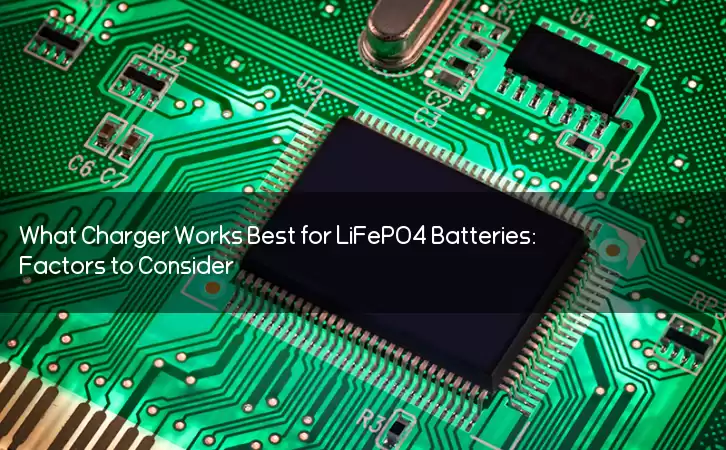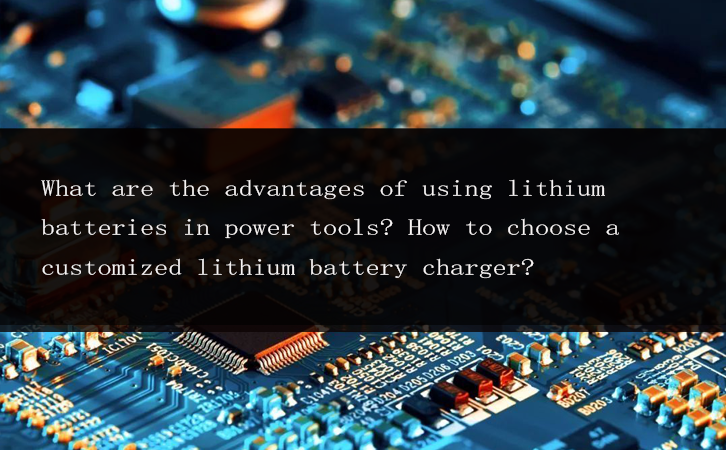Information Center
What Charger Works Best for LiFePO4 Batteries: Factors to Consider
Published:2023-08-03 00:33:17 Author:Green WCND Views:22Lithium iron phosphate, or LiFePO4, batteries are a popular type of rechargeable battery. Known for their high energy density and long cycle life, LiFePO4 batteries have gained popularity in many applications, including electric vehicles and solar power systems. But, one question that often arises with these batteries is whether they require a special charger.

The answer is: it depends. While LiFePO4 batteries do not necessarily require a special charger, using the right charger is important for optimal performance and safety. Here are some important things to consider when choosing a charger for LiFePO4 batteries.

First, it is important to choose a charger that is specifically designed for LiFePO4 batteries. Some chargers are designed to work with multiple types of lithium-ion batteries, while others are specifically designed for LiFePO4 batteries. Chargers that are designed specifically for LiFePO4 batteries usually provide a more accurate charge and are less likely to overcharge or damage the battery.
Secondly, it is important to choose a charger that matches the voltage and capacity of the battery being charged. LiFePO4 batteries typically have a nominal voltage of 3.2V per cell, which means that a typical 12V LiFePO4 battery will consist of four cells connected in series. Therefore, a charger designed to charge a 12V LiFePO4 battery should have an output voltage of around 14.4V (4 x 3.2V). Additionally, the charger should also be able to provide enough current to fully charge the battery within a reasonable amount of time. This means that the charger’s current rating should be at least equal to the battery’s capacity.
Thirdly, it is important to choose a charger that has built-in safety features. LiFePO4 batteries can be dangerous if they are overcharged or short-circuited. Therefore, it is important to choose a charger that has built-in safety features such as overcharge protection, short-circuit protection, and over-temperature protection. These safety features help to ensure that the battery is charged safely and that it does not become damaged or pose a risk of fire or explosion.
In conclusion, LiFePO4 batteries do not necessarily require a special charger, but using the right charger is important for optimal performance and safety. When choosing a charger for LiFePO4 batteries, it is important to consider factors such as the charger’s voltage and current ratings, its compatibility with LiFePO4 batteries, and its built-in safety features. By choosing the right charger, you can help to ensure that your LiFePO4 batteries are charged safely and effectively.
The cordless drill/screwdriver powered by lithium-ion batteries offers several advantages:Portability: The lightweight nature of lithium-ion batteries allows th···
The adoption of lithium-ion batteries in power tools boasts several notable advantages compared to traditional batteries or fuel-powered engines:Durability: Lit···
When selecting batteries for power tools, various factors such as battery performance, cost, safety, and the specific needs of the power tool must be considered···
Security devices, especially intelligent security inspection robots, offer numerous advantages when equipped with lithium-ion batteries. Below is a detailed ela···








